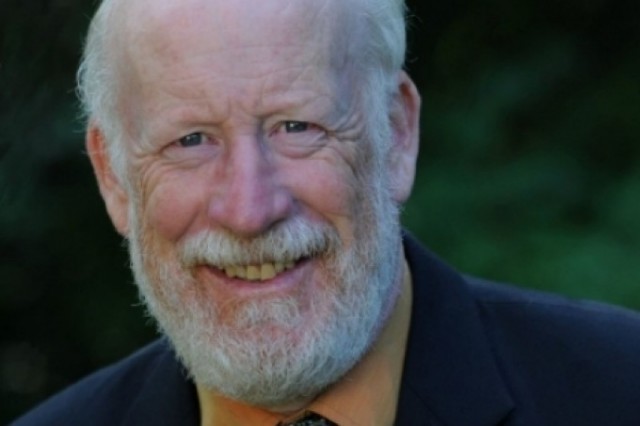From The Hill — Full inquiry into Emergencies Act a must
After more than two weeks of an occupation of downtown Ottawa and serious border blockades in Ontario, Manitoba, Alberta and British Columbia, the federal government invoked the Emergencies Act on February 14. Local police forces had seemed unable or unwilling to act and both the Ontario and Alberta governments had asked for help.
That decision prompted quick action on the ground. Border blockades and hundreds of trucks entrenched in Ottawa were cleared over the next five days. It also prompted a heated political debate as to whether the Emergencies Act was a necessary step or whether it marked government overreach.
Most Canadians are, not surprisingly, unfamiliar with the Emergencies Act and what its powers are. It has never been used since it was created in 1988 by the Mulroney Conservative government.
Importantly, it is not the War Measures Act that it replaced. There is no martial law. There is no suspension of rights and freedoms guaranteed under the Charter of Rights. There is no use of the military.
What it does provide is a series of tools that can be used to coordinate responses across municipal and provincial boundaries and provide local regulations to ensure that actions can be carried out in the safest manner possible. The Act specifically demands that enforcement actions be reasonable and proportionate to the situation. For instance, it allowed the government to compel tow truck operators to aid in the clearance of blockades. Local operators were reluctant to help without that provision because of threats. The Windsor blockade had only been cleared the day before because American tow truck operators offered to help.
The Act also allows financial institutions to temporarily freeze the accounts of individuals organizing the blockades. In this case those actions were limited to organizers and some of the truck operators who refused to leave downtown Ottawa. It did not extend to the many people who had simply donated small amounts to support the convoy, despite the misinformation spread by some Conservative MPs.
In the midst of all this, I had lunch with my friend and colleague, Vern White, who is a Conservative senator appointed by Stephen Harper and the former Chief of Police in Ottawa. Vern had written an opinion piece in the National Post with Peter MacKay, former Conservative cabinet minister, in which they asserted that this situation could have been dealt with using regular enforcement measures if proper planning and prompt action had taken place at the very beginning. However, they agreed that the Emergencies Act was now necessary.
The Emergencies Act has numerous checks and balances to restrict the government’s power. It is in effect immediately upon invocation, but it must be confirmed by a vote in the House of Commons within seven days. Several days of long debate ensued and that vote was taken last Monday. The NDP reluctantly supported the invocation of the Act but clearly stated that they would be watching the situation closely and would withdraw that support immediately if we felt that it was no longer needed.
I attended a briefing about the ongoing situation on Tuesday with top government officials from Public Safety, Finance, the Privy Council Office, the RCMP and other agencies. It was clear from their answers that the Emergencies Act was of limited use now that the blockades had been cleared.
Law enforcement officials had learned lessons that would prevent the situation from getting out of hand if new occupation actions were attempted. Frozen bank accounts were being reopened. I wasn’t surprised, therefore, to hear yesterday that the government had revoked this use of the Emergencies Act.
There will now be, as mandated by the Emergencies Act, a full inquiry into this use of the Act — why it was or was not needed, how it was used, what it achieved. With extraordinary powers we must have extraordinary oversight, and the Emergencies Act provides just that.
Richard Cannings is the MP for South Okanagan-West Kootenay

























